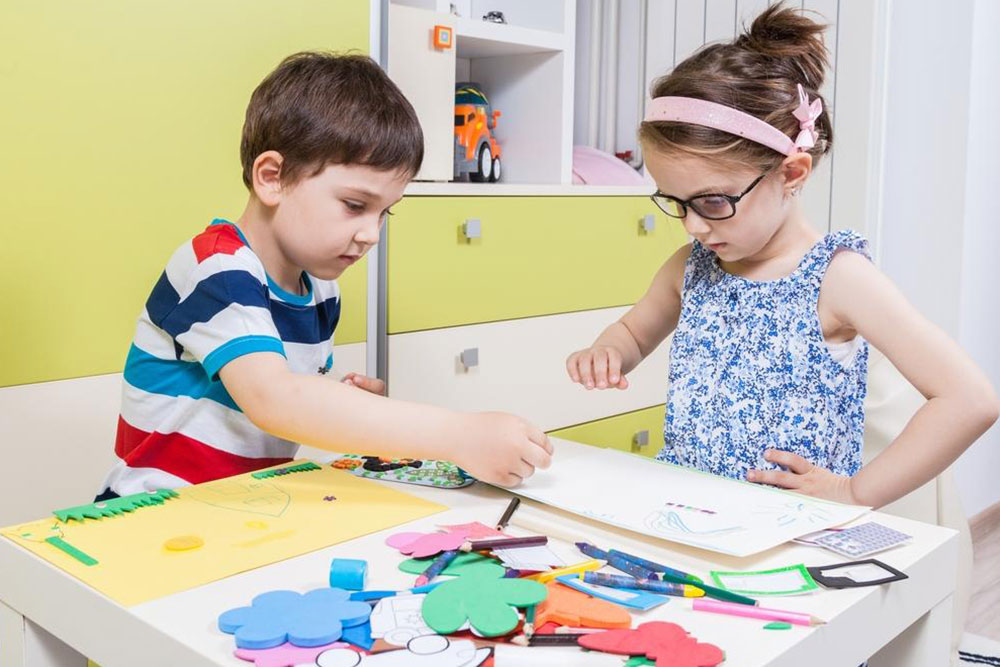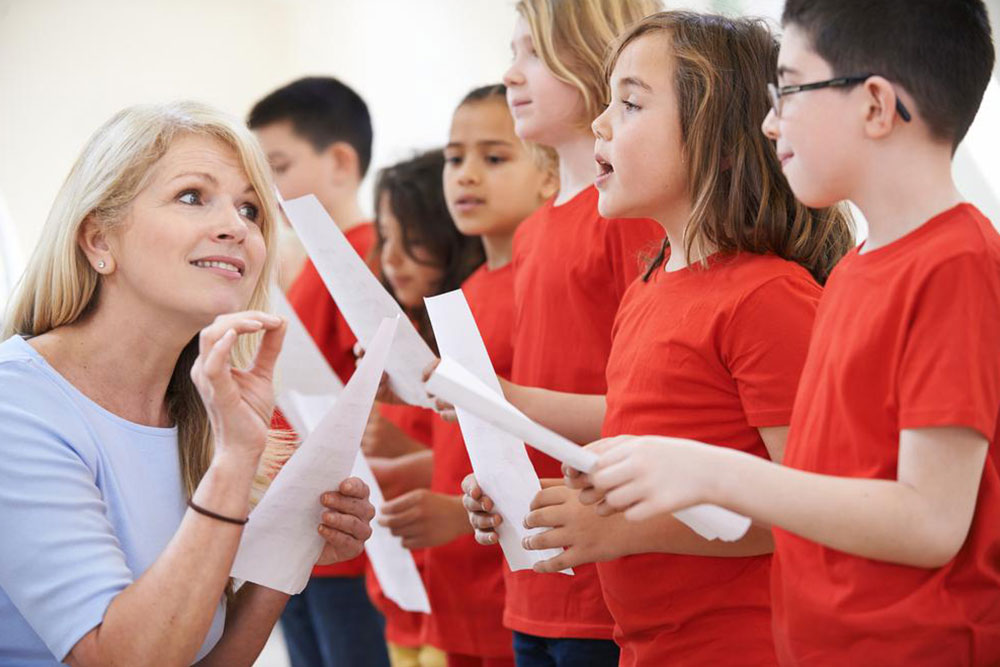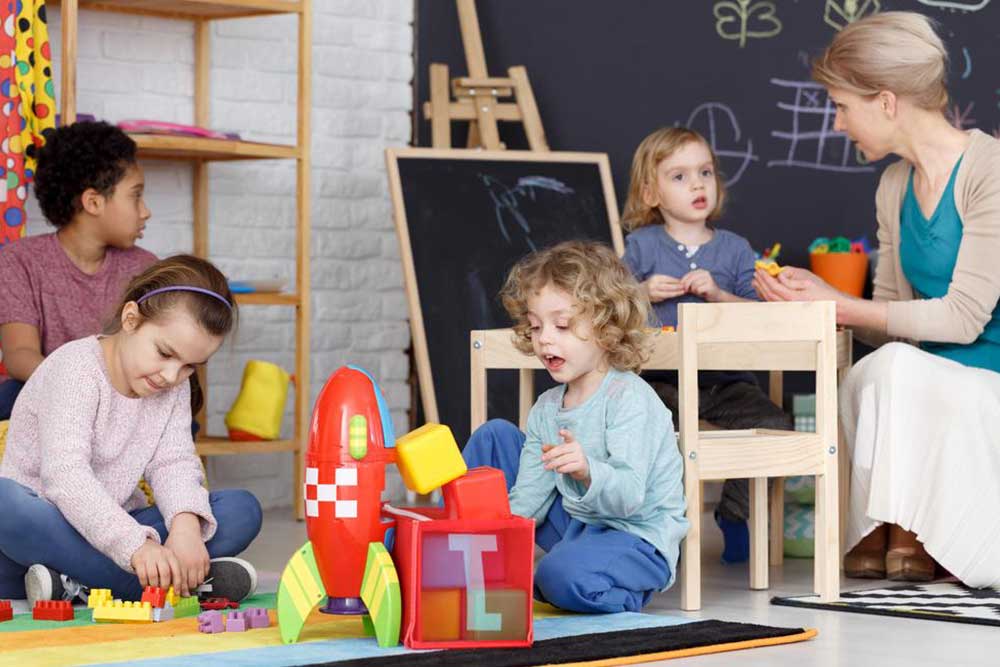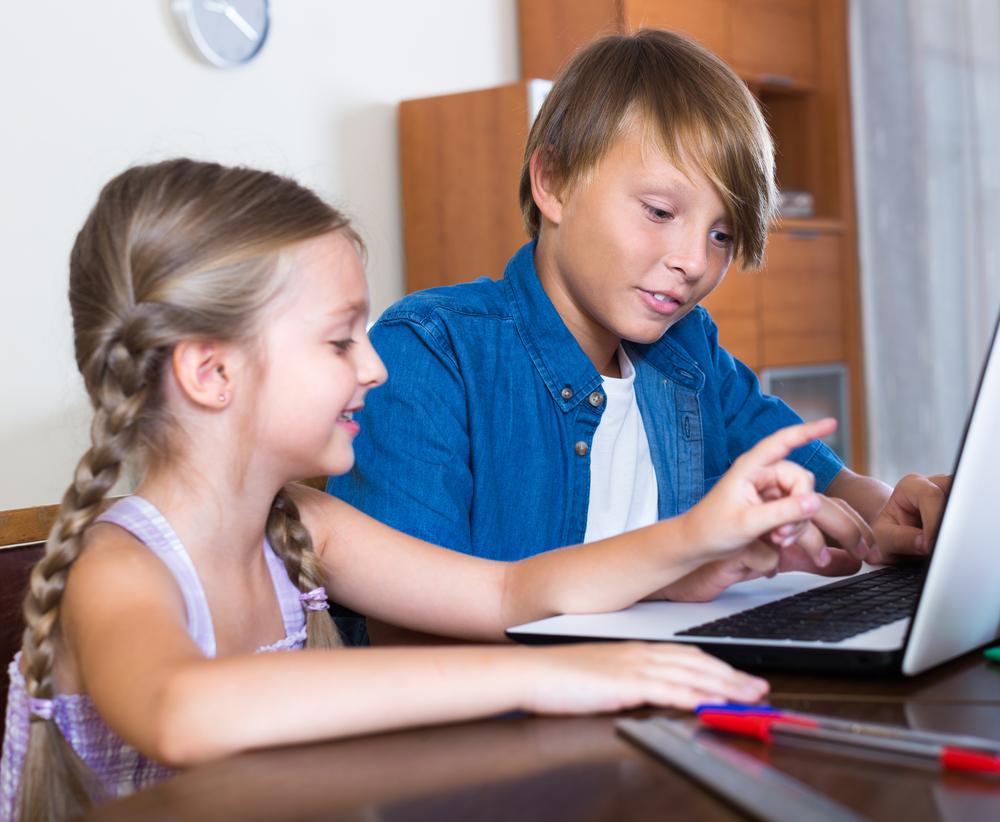Unlocking Creativity in Children: The Transformative Power of Arts and Crafts
Discover the numerous benefits of arts and crafts for children, including boosting creativity, independence, emotional expression, and fine motor skills. Learn how encouraging these activities fosters comprehensive development, supports problem-solving, and nurtures talents from an early age. This article provides insights for parents and educators on integrating arts into childhood routines to promote cognitive and emotional growth effectively.

Unlocking Creativity in Children: The Transformative Power of Arts and Crafts
In today’s rapidly evolving educational environment, arts and crafts have emerged as much more than simple pastimes for children. These activities are vital tools that promote cognitive development, emotional intelligence, and creative thinking. Far from being purely recreational, arts and crafts play a strategic role in shaping a child's overall growth. They serve as valuable mental exercises, encouraging children to think outside the box, develop new skills, and explore their unique talents. If your child exhibits a passion or curiosity for arts and crafts, it’s essential to nurture and support these interests to foster a well-rounded personality.
Integrating arts and crafts into your child's daily routine can significantly enhance their critical thinking abilities, improve fine motor skills, and provide an outlet for emotional expression. Recognizing and cultivating their artistic abilities from an early age not only boosts their confidence but also supports academic achievement. A balanced development approach considers both scientific, linguistic, and artistic skills, ensuring your child grows into a versatile and adaptable individual.
If you're contemplating how arts and crafts contribute to your child's holistic growth, understanding the key benefits can guide your encouragement.
Fosters Innovation and Creative Thinking
Children possess an innate sense of curiosity and imaginative potential. Engaging in arts and crafts nurtures this natural creativity, allowing kids to experiment with ideas, combine colors, and develop new concepts. This process not only enhances their technical skills—such as cutting, gluing, and drawing—but also hones their visual perception and spatial awareness. Cultivating these skills early helps children become innovative thinkers capable of approaching problems from diverse perspectives.
Encourages Freedom and Personal Expression
Unlike structured academic curricula, arts permit children to explore freely without fear of making mistakes. They learn that there are multiple ways to approach a task, reinforcing the concept that creativity has no fixed rules. This freedom stimulates experimentation, nurtures confidence in their choices, and promotes a sense of individuality. Such experiences are invaluable for personal development and help children develop resilience when facing challenges.
Another compelling advantage of arts and crafts is fostering independence. When children are empowered to select their materials, decide on the techniques, and accomplish their projects autonomously, they develop decision-making skills and self-reliance. These activities also serve as healthy outlets for emotional expression; children can communicate feelings they might not yet have the words for through their artworks. Creating art together enhances parent-child bonding and provides a meaningful way to connect on an emotional level. Furthermore, engaging in arts and crafts supports the refinement of fine motor skills—encompassing activities like grasping, cutting, coloring, and hand-eye coordination. As a parent or caregiver, encouraging your child's artistic pursuits can uncover hidden talents and bring joy and pride into their lives. So, pick up a crayon or paintbrush and help transform their ideas into vibrant realities—nurture their dreams and watch them flourish creatively.





